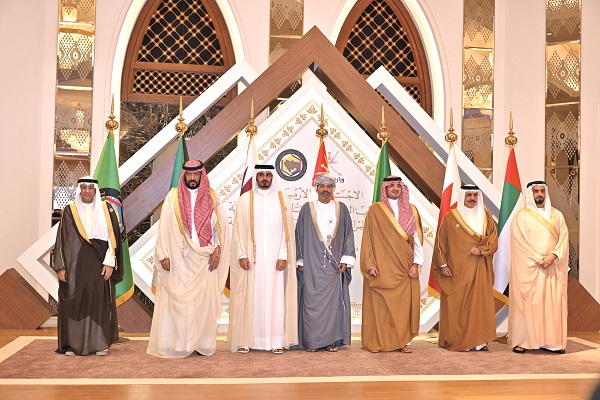Interior ministers of the Gulf Cooperation Council states have unanimously approved the introduction of a unified Gulf tourist visa.
During their 40th meeting, held in the Omani capital Muscat, the ministers of the Gulf Cooperation Council (GCC) states – Bahrain, Kuwait, Oman, Saudi Arabia, Qatar, and the UAE, announced the unified visa enabling tourists to travel across GCC countries on just one tourist visa.
Jasem Albudaiwi, secretary-general of the GCC, said the unified tourist visa scheme, to be implemented within “a specific timetable,” was a further sign of increased cooperation between the Gulf states.
The unified Gulf tourist visa is a project that will contribute to facilitating and streamlining the movement of residents and tourists between the six GCC countries and will, undoubtedly, have a positive impact on the economic and tourist sectors.
The UAE Minister of Economy Abdullah bin Touq said the unified visa is a key component of the GCC 2030 tourism plan, which aims to enhance the sector’s economic contribution through more regional travel and higher hotel occupancy rates.
The new visa system is expected to increase the number of tourists to 128.7 million by 2030, representing a 137 percent rise over 2021.
Industry experts believe that the new program will be a game changer for the GCC nexus, as there is an untapped tourism market in the region, with many tourists deterred by visa complications.
The single GCC tourist visa is part of the GCC’s long-term goal to increase inter-city flights and hotel visitors throughout the Gulf bloc, hence increasing tourism’s contribution to GDP.
Tourism is a significant contributor to the GCC economy, particularly to the UAE economy, where it accounts for 14 percent of GDP.
The introduction of a unified tourist visa is a welcome move that will make it easier and more convenient for tourists to visit the GCC region. It is expected to boost tourism numbers and generate significant economic benefits for all six member states.
The council also gave the green light for the launch of an electronic system linking traffic violations and is also preparing a comprehensive strategy to combat illegal drugs, which aims to “contribute to the fight against its scourge,” Budaiwi said.

